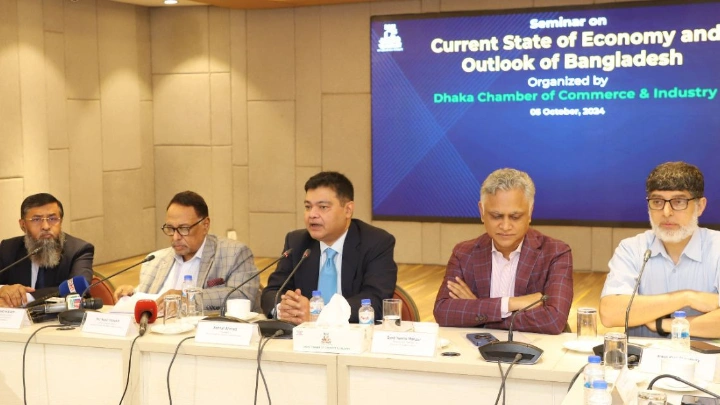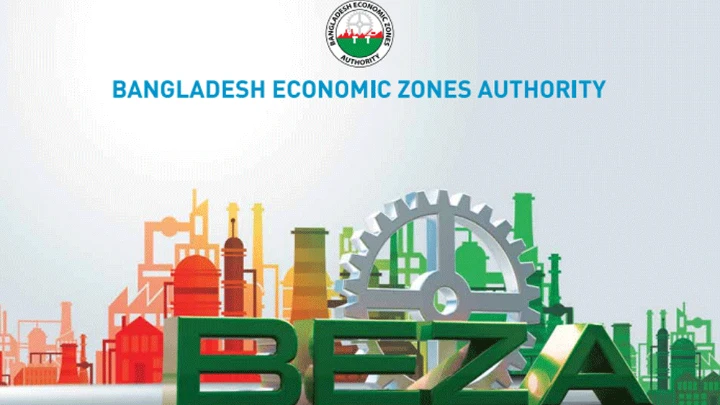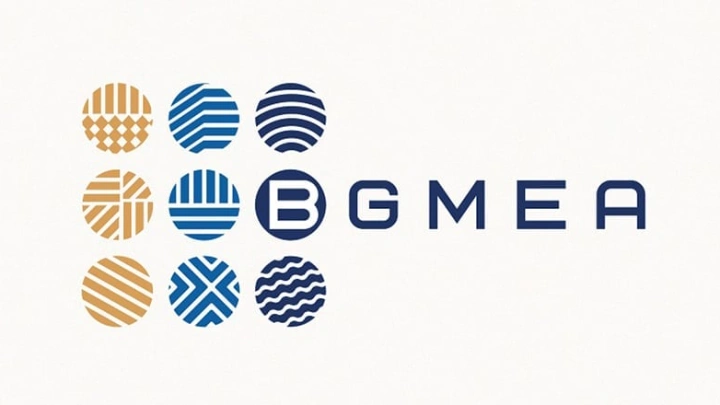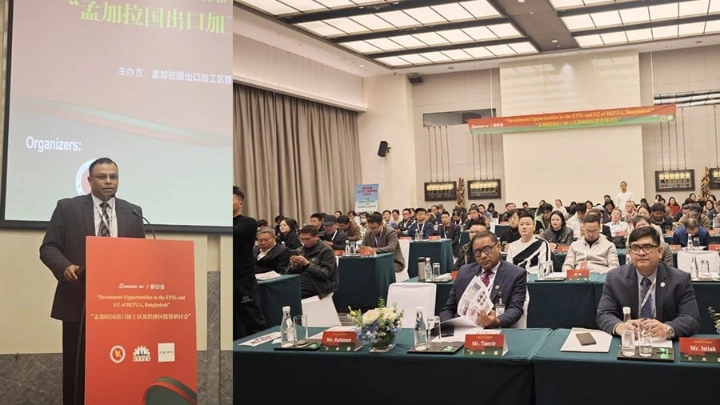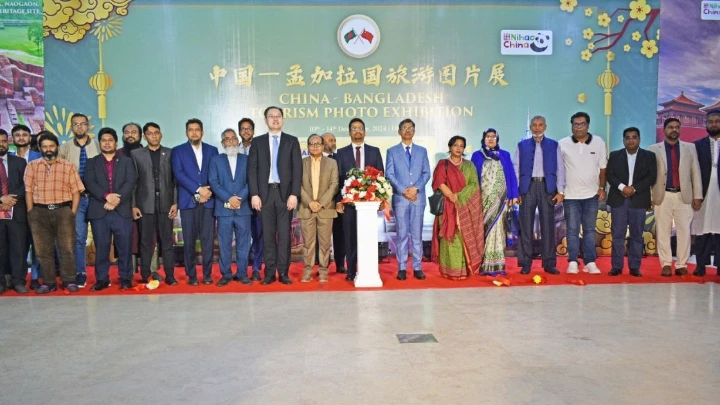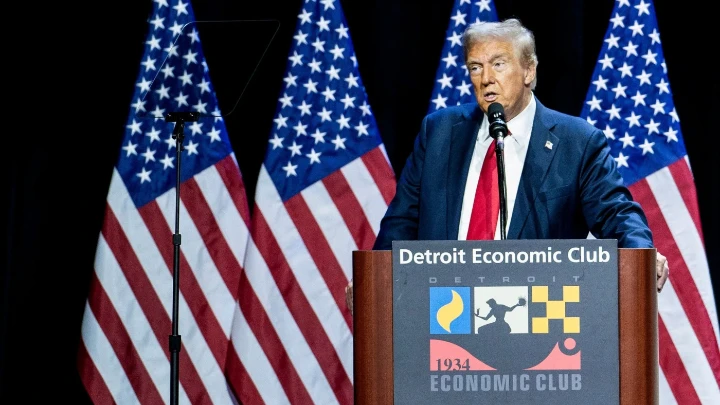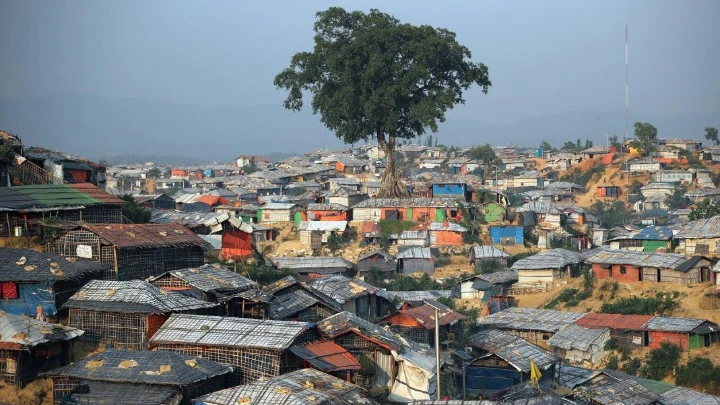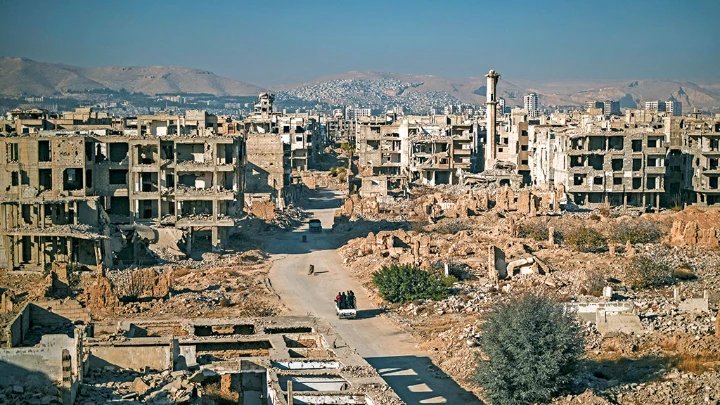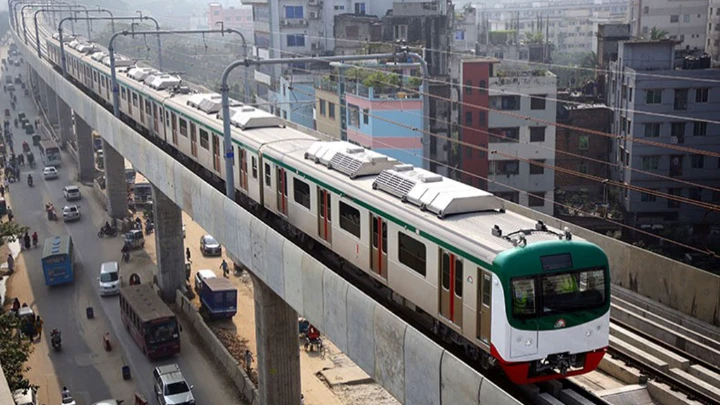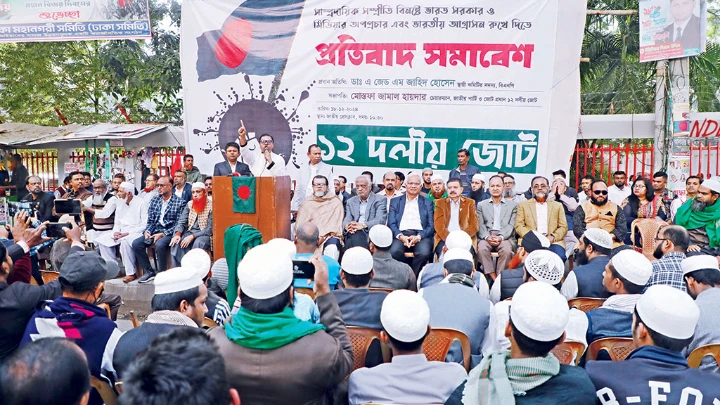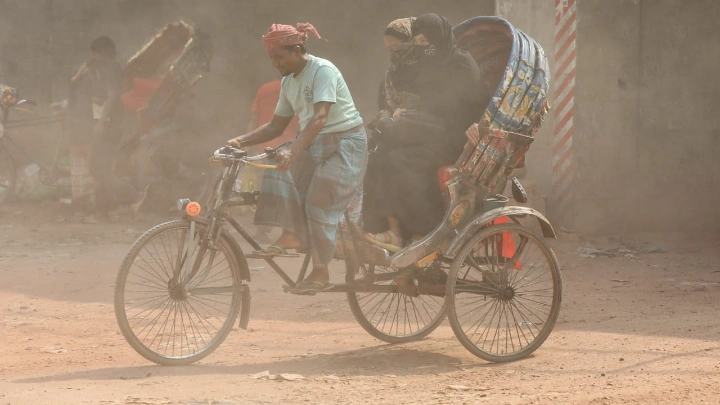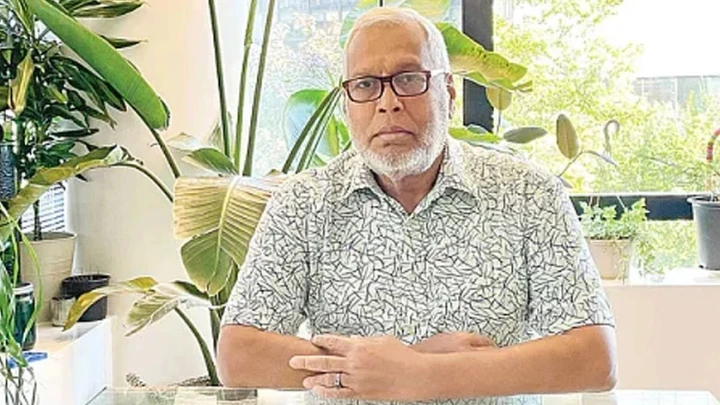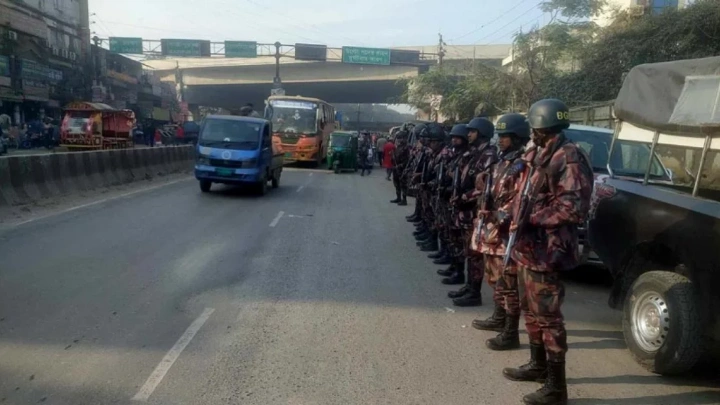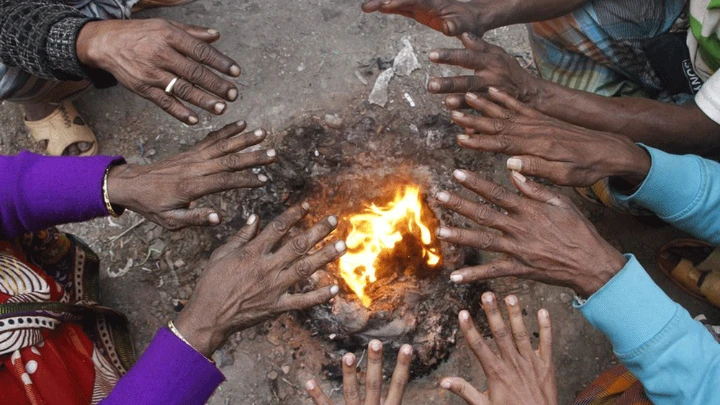Businesses voice insecurity amid labour unrest, urge restoring law and order
DailySun || Shining BD
The business community has expressed growing insecurity amid ongoing labour unrest and economic instability, calling for the immediate restoration of law and order.
At a roundtable organised by the Dhaka Chamber of Commerce and Industry (DCCI), business leaders urged the government to implement urgent economic reforms, lower interest rates, and address pressing issues like energy security, rising inflation, and disruptions in key export industries to restore confidence in the country’s financial and industrial sectors.
Addressing the roundtable on “Current State of the Economy and Outlook of Bangladesh” organised on Saturday at the DCCI auditorium, DCCI President Ashraf Ahmed said, “Currently, Bangladesh is experiencing an unstable economic growth trajectory with slow GDP (gross domestic product) growth. This is coupled with few other challenges like currency devaluation, rising inflation, financial instability, labour unrest, concerns over energy security and disruptions in key export industries.”
He said these concerns threaten the country’s economic stability.
DCCI chief remarked, “To navigate these challenges, a strategic, coordinated response is essential. We need immediate restoration of the law andorder situation.”
He stressed the need for faster reforms in the banking governance and suggested addressing non-performing loans (NPL) and liquidity shortage issues. “This must be prioritised to restore confidence in the financial system.”
To combat inflation, Ashraf Ahmed said that the government can pursue supply-side reforms to ensure smooth distribution of essential goods and services.
“Diversifying the energy mix and new energy supply routes, while improving investment in the energy sector, will be essential to safeguarding industrial productivity,” he further said.
He suggested establishing planned housing, education and healthcare facilities in Ashulia and adjacent areas to provide a low cost living to the workers of that particular area.
Former president of Federation of Bangladesh Chambers of Commerce and Industry (FBCCI) Mir Nasir Hossain said, “The recent labour unrest has shattered our image in the global market.’
Regarding interest rate for manufacturing industries, he said that the real effective rate of interest is too high in Bangladesh and it hampers the entrepreneurs to compete with the international market. Customs houses should be automated, though, once the initiative wastaken a few years back but it did not see the light.
He also said that an affluent middle income group of people have grown in the recent past in the country, but in line with that, the tax net was not widened “which is unacceptable.”
Nasir said that due to lack of uninterrupted gas supply, the manufacturing industries are suffering enormously.
He suggested strengtheningonshore and offshore gas exploration in the sea.
Syed Nasim Manzur, president of Leather Goods and Footwear Manufacturers & Exporters Association of Bangladesh said that the businessmen now feel insecure due to labour unrest and vandalism.
“Recently, the consumption by the consumers - be it food or services, has remarkablyfallen.”
He also said that the double-digit rate of interest on industrial loans is not viable for sustaining in the competitive market.
FDI is needed for a country like Bangladesh, but due to low confidence it remains stagnant now, but it will see a positive move within a few days.
“Moreover, the administration system in the government is still not working properly, which plays a negative role for lower confidence among the investors.”
“We have to save the RMG (readymade garment) industry as it has a multiplier impact on our overall economic value chain. Workers are the main asset for a factory, and if they live well, the factory will get betteroutput at the end of the day,” he added.
Mohammad Hatem, president of Bangladesh Knitwear Manufacturers and Exporters Association (BKMEA), said that a good understanding and relation between the owners, workers and labour leaders can mitigate any unrest as well as violence in the factories.
He said that when factory owners do not get fair prices from the buyers, they have to suffer for that and most of the people, even the labourers, do not know this issue.
He urged Bangladesh Bank to allow the industry owners adequate time to repay their loans. He echoed the same problem of the gas crisis in the industries that looms over lower productivity resulting in delay in shipment.
Dr M Masrur Reaz, chairman and CEO of Policy Exchange Bangladesh, said, “We could not take the right policy at the right time and this caused the macro-economic crisis in the recent past. Confidence level for investment is shattered now, law and order, especially disorder in the ‘order’ part, labour unrest, inflation are some of the pressing issues for the macroeconomic challenges for Bangladesh.”
Ahsan Khan Chowdhury, Chairman and CEO of PRAN-RFL Group, said,“Bangladesh is a land of opportunity. Bangladesh could be the factory of the world for having its immense potential.”
He said, “The main task of the business community is to create employment, but sometimes, it gets a setback due to labour unrest. We want to see the police in a position as it was.”
“We want to see all law-enforcing agencies back again with their full capacity” PRAN-RFL CEP added.
Shining BD

